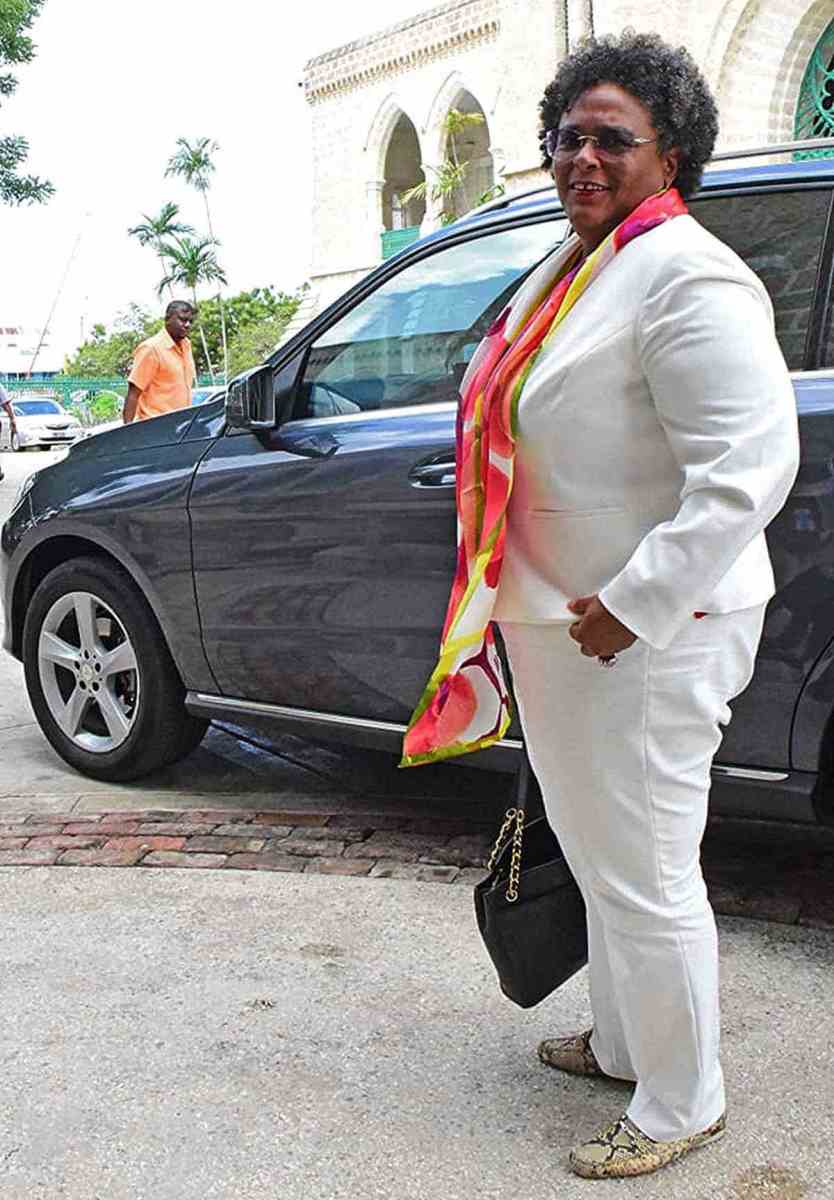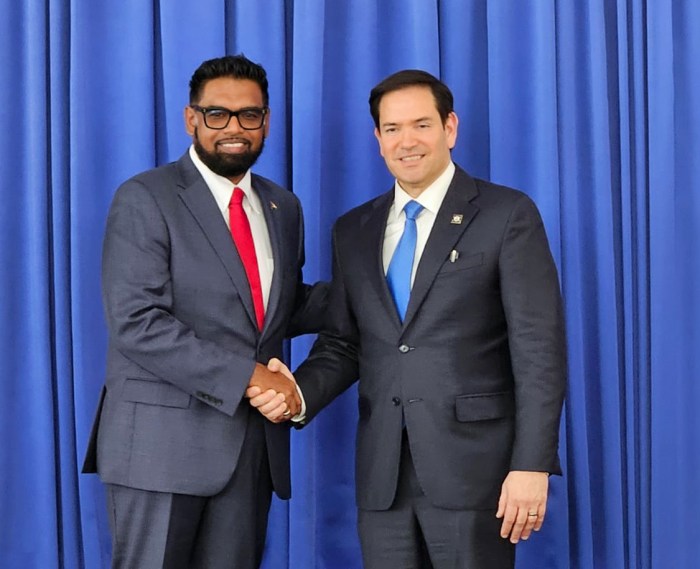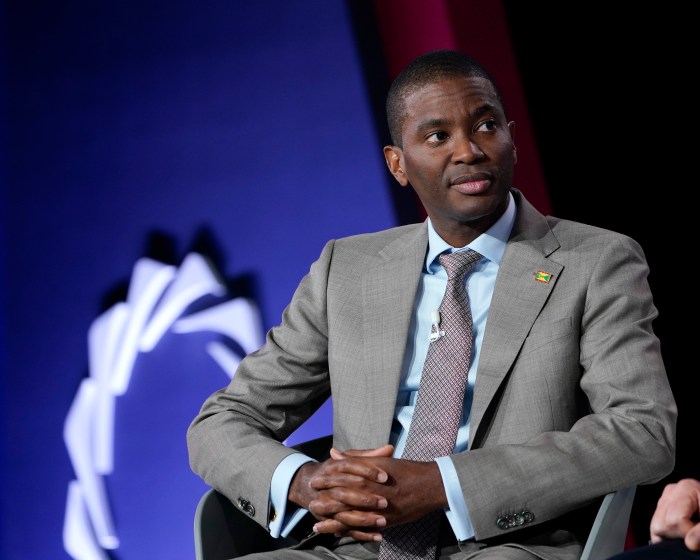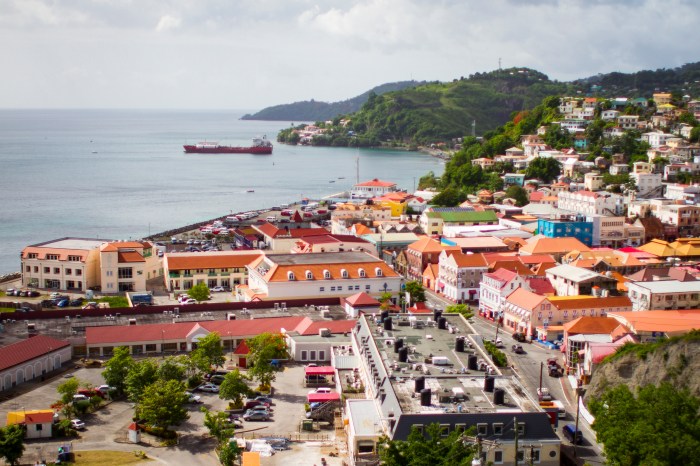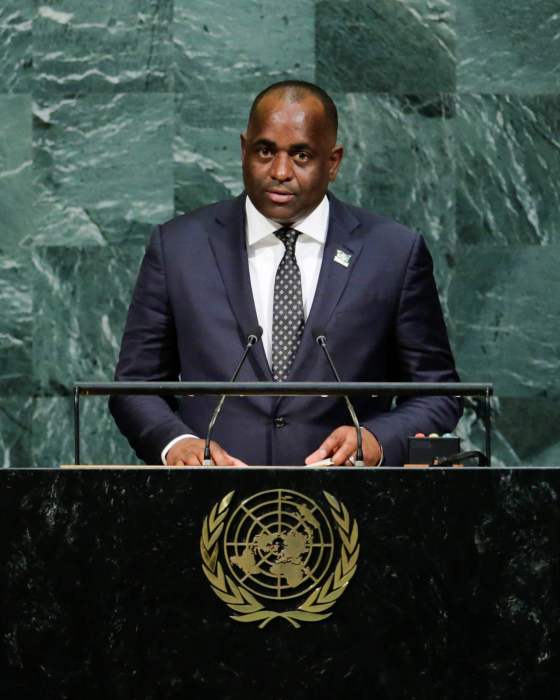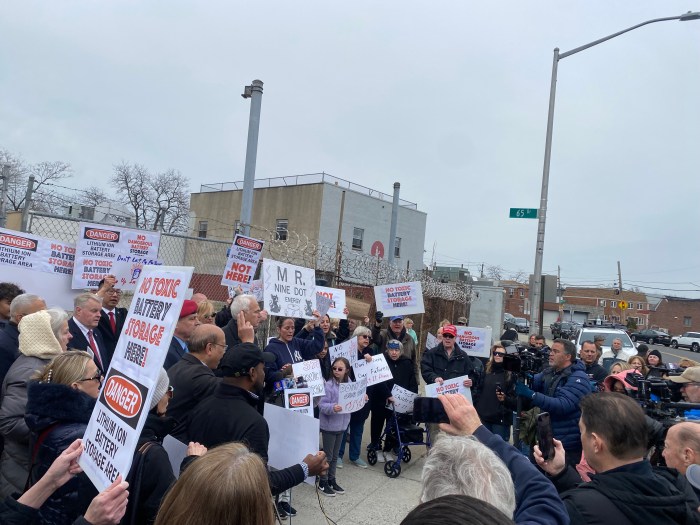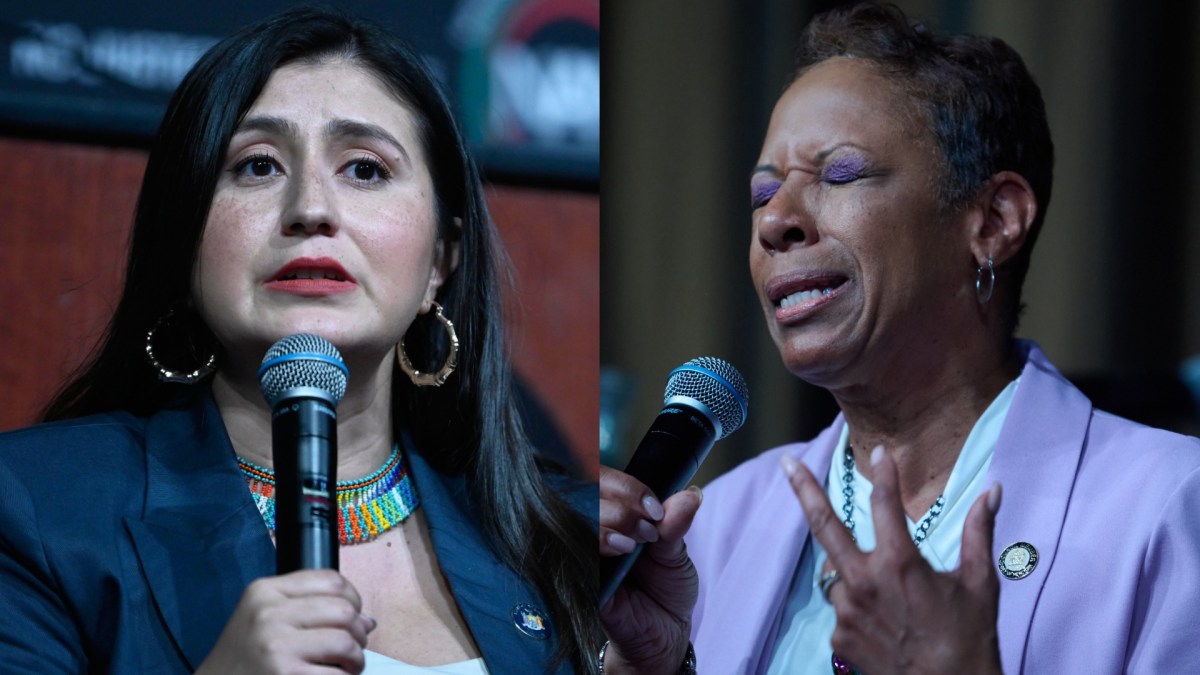Barbados Prime Minister Mia Mottley has delivered on many campaign promises, brought almost immediate breaks to the nation that overwhelming elected her government, and set down sacrifices to me made for economic recovery, all in one fell swoop.
Coming to office to preside over a country facing a debt level of over $15 billion ((Bds $1 = 50 cents US), with public liability as a proportion of national income at 171 percent, Mottley Monday presented her first budget that had a mixture of relief measures and financial initiatives aimed at righting the economy.
Introducing what she dubbed a ‘mini-budget’ Mottley said it was intended to begin the process of stopping “the hemorrhaging and decay, and return our beloved nation to a status of pride and enjoyment by residents and the admiration of friends and nations, near and far.”
Reflecting on a campaign promise to halt the island’s decline and restore confidence and hope, she said, “I gave my word that a Barbados Labour Party Government under my leadership would respond courageously to the social and economic crises now facing the country, and that we would make the tough choices between what is essential, what is highly desirable and what is optional.”
True to her word Mottley announced repeal of the law for the National Social Responsibility Levy (NSRL) of 10 percent tax on all goods brought into this import-dependent country, that had so annoyed Barbadians they had taken to the streets in two mass protests against it last year.
Removal of this law should see price reductions for food and other essential items within months.
The one item that perhaps had irked Barbadians more than the NSRL was the last government’s imposition of partial fees on university education from 2014. Since independence in 1966 Barbadians had been accustomed to free university study once they met the academic requirements and regardless of their economic position.
The 2014 fee imposition had seen an enrollment fall-off by thousands.
Among other relief measures were an increase in old-age pensions and welfare of the most vulnerable, and a grant of a five per cent public servants wage increase that was frozen for 10 years.
Over the years of economic decline Barbados had suffered a wide range of infrastructural neglect and this budget, presented merely 18 days after elections, pumped millions of dollars into fixing the South Coast sewage spill problem that had embarrassed this island as a prime tourism destination.
Millions were also thrust into getting public transportation buses on the road and acquiring garbage trucks to deal with trash pile-ups that had become a feature of recent years.
These initiatives aimed at returning Barbadians to the standard of life to which they were accustomed, were coupled with new taxes on water and air travel along with a rearranging of several levies on transactions and other activities, some of which are optional thereby giving consumers choices while others represent increased contributions for badly needed national development.
“So, there is some sacrifice,” Mottley said as she presented the budget standing in as the nation’s first female prime minister. “But we cannot promise to serve omelette down the road, if we refuse at this time, to crack the eggs.”


